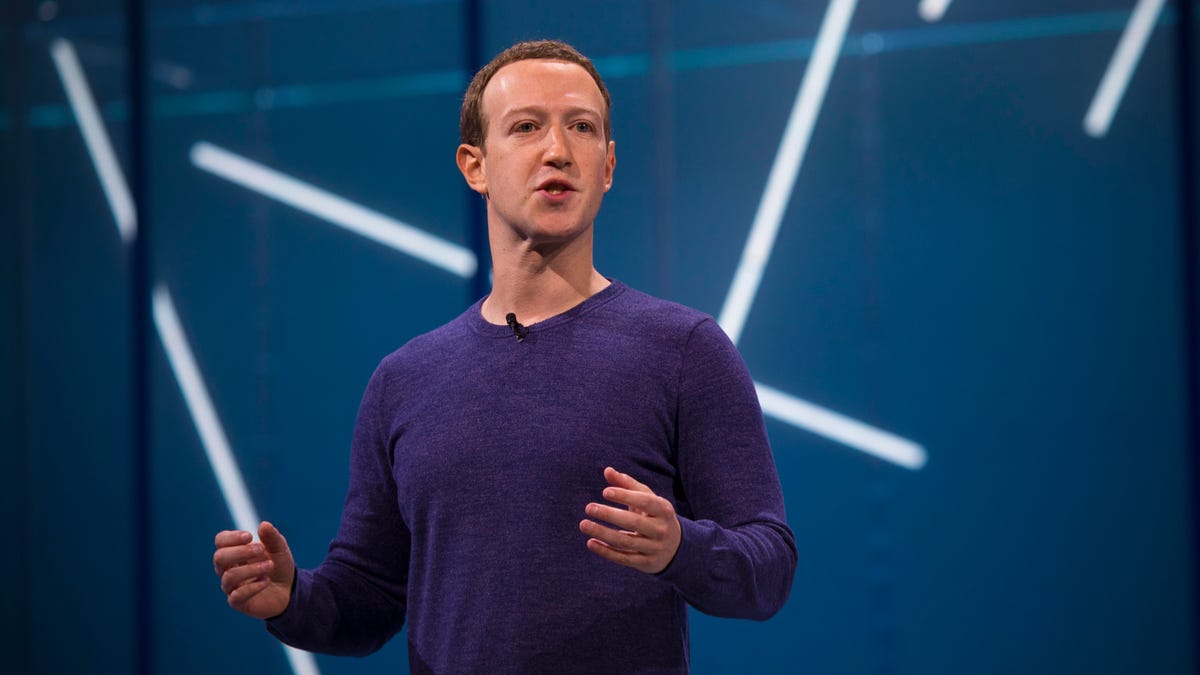Facebook under pressure to curb spread of anti-vaccine content
The social network says it's exploring ways to minimize harm caused by misinformation about vaccines.

Facebook CEO and co-founder Mark Zuckerberg.
Facebook, under more pressure from lawmakers and health experts to combat misinformation about vaccinations, said Thursday it's looking at ways to tackle the problem.
A Facebook spokesperson said the social media company is exploring "potential approaches to making educational information about vaccines more easily available and minimizing harm caused by misinformation about vaccines and other important health issues."
The company hasn't finalized what it plans to do but confirmed it's looking to reduce or remove recommendations for anti-vaccine content. Bloomberg reported earlier that the company's also looking at demoting anti-vaccine content in search results and recommendations for groups Facebook users should join.
"We recognize that contentious perspectives exist. We believe removing provocative thinking does little to build awareness around facts and different approaches to health," a Facebook spokesperson said in an email. "Counter-speech in the form of accurate information and alternative viewpoints can help create a safer and more respectful environment."
But people opposed to vaccines have used the social network to spread misinformation in groups where members have to be approved, making it difficult for Facebook to police this content, according to The Guardian. Facebook said it allows users to report groups, posts and comments.
Meanwhile, the pressure is heating up for the world's largest social network.
On Thursday, US Rep. Adam Schiff, D-Calif., sent a letter to Facebook CEO and co-founder Mark Zuckerberg and Google CEO Sundar Pichai that included several questions about what the companies are doing to combat misinformation about vaccines.
The World Health Organization listed "vaccine hesitancy," which is the reluctance or refusal to get vaccinated despite its availability, one of the top 10 threats of 2019. Washington state declared a local public health emergency in January after 25 cases of measles popped up in Clark County. Since then, measles outbreaks in that county have climbed to 53 confirmed cases and 47 of those children were unvaccinated, according to Clark County's Public Health.
"As more Americans rely on your services as their primary source of information, it is vital that you take that responsibility with the seriousness it requires," Schiff wrote. "and nowhere more so than in matters of public health and children's health."
CES 2019: See all of CNET's coverage of the year's biggest tech show.
Everything about Fortnite: What you need to know about the hit game.

